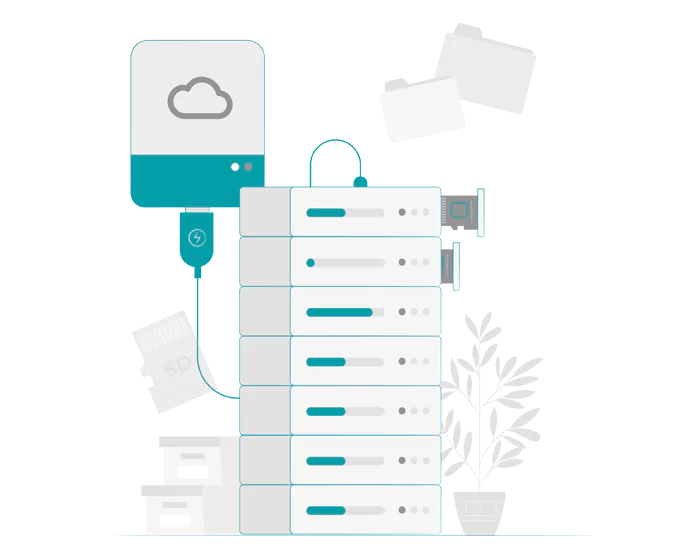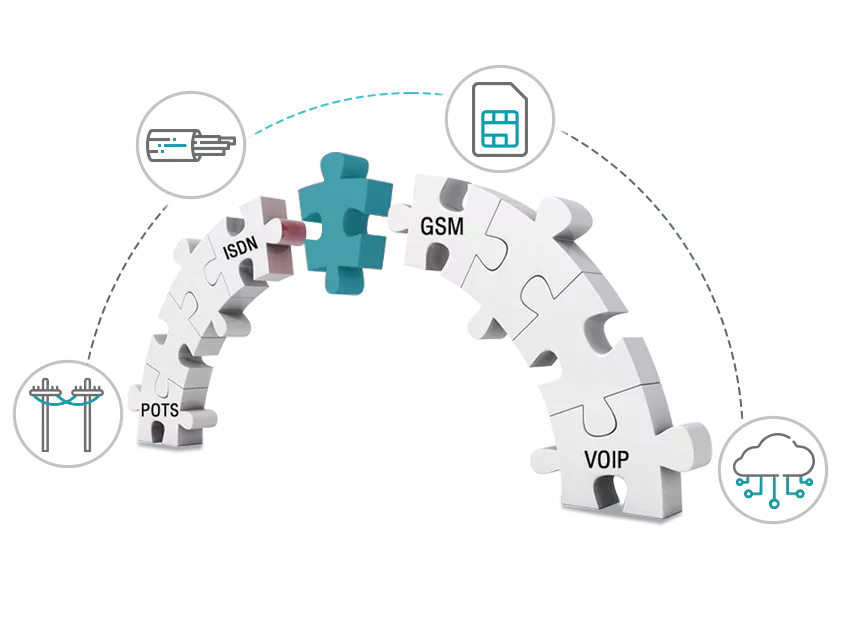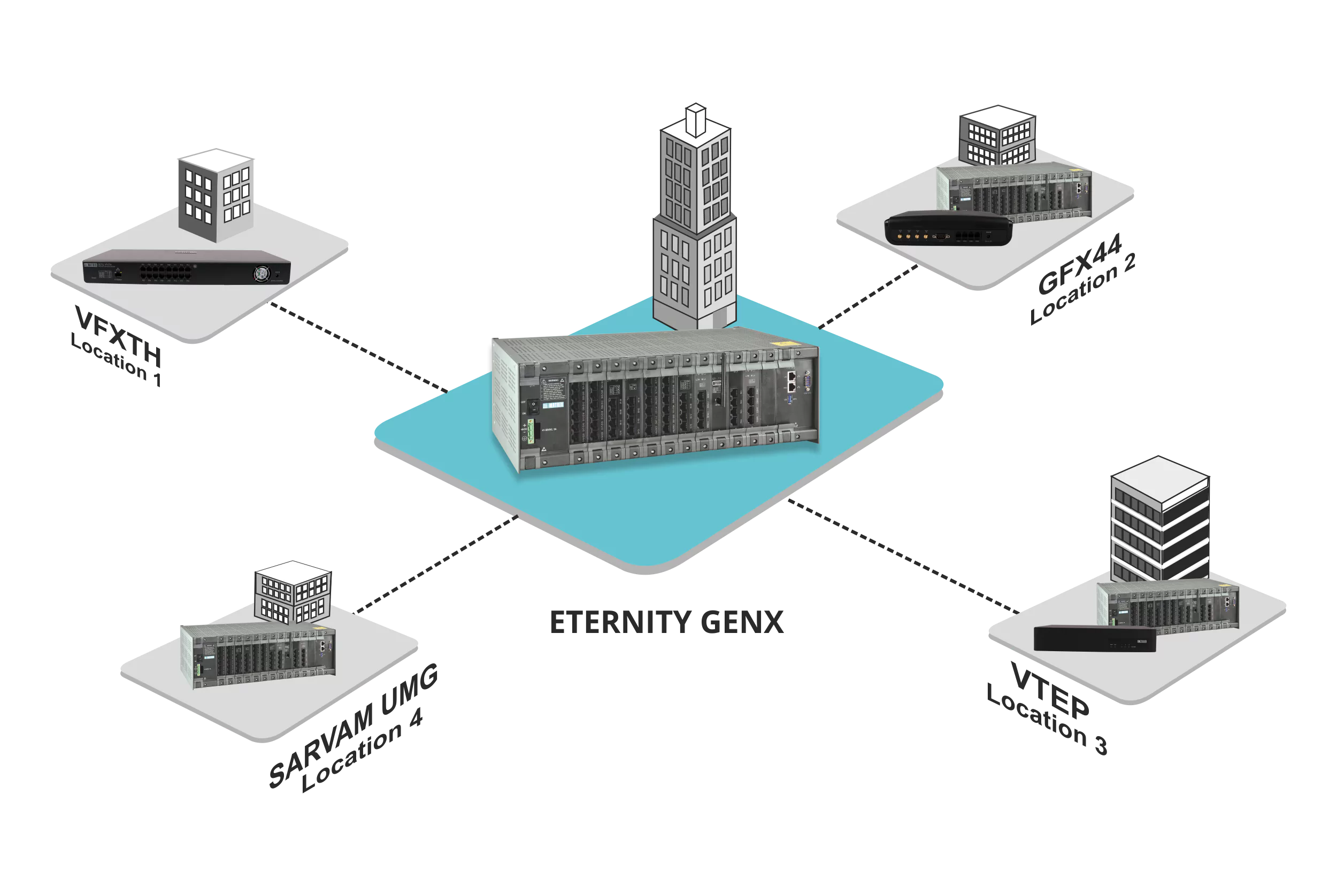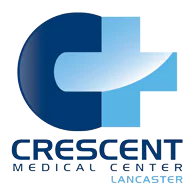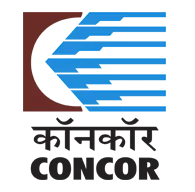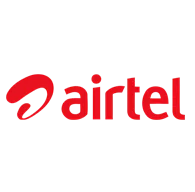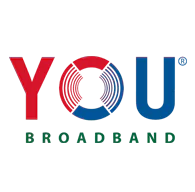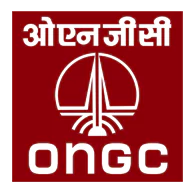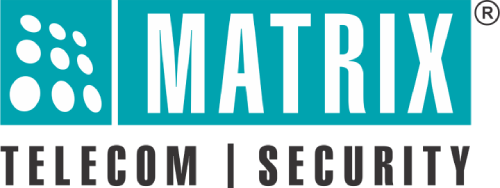Fixed media gateways are vital components in modern telecommunications systems, facilitating the seamless integration of traditional PSTN (Public Switched Telephone Network) and ISDN (Integrated Services Digital Network) infrastructure with IP-based communication solutions.
These gateways serve as intermediaries, converting circuit-switched voice and data signals into IP packets, enabling efficient communication and data transfer.
Equipped with advanced features like SIP support, high-density interfaces, and robust security measures, the Fixed Media Gateway solution guarantees smooth, reliable, and secure voice and data transmission. This solution provides a bridge between legacy and IP networks, ensuring future-proof communication infrastructure.
Legacy System Compatibility
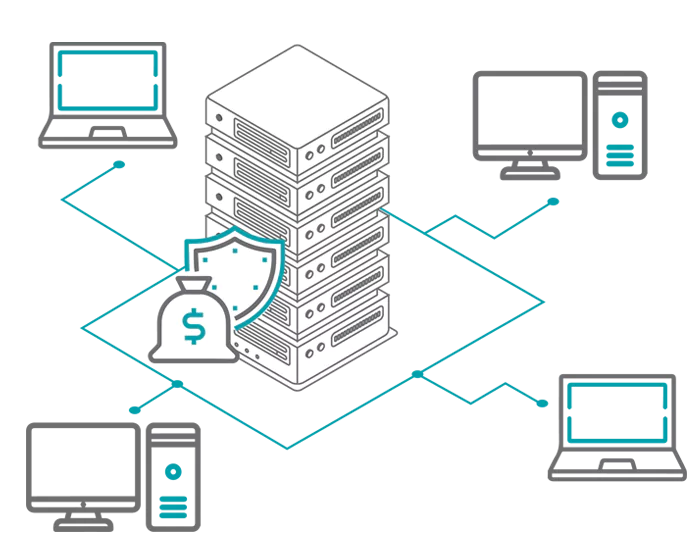

Efficient Data Transfer
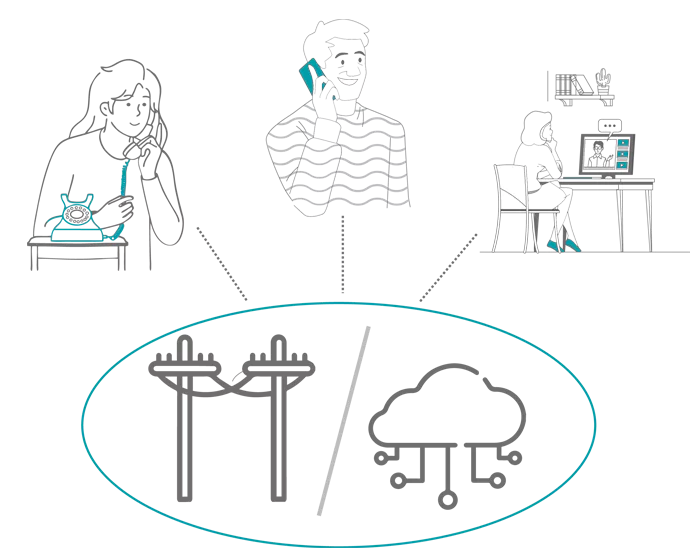

Scalability
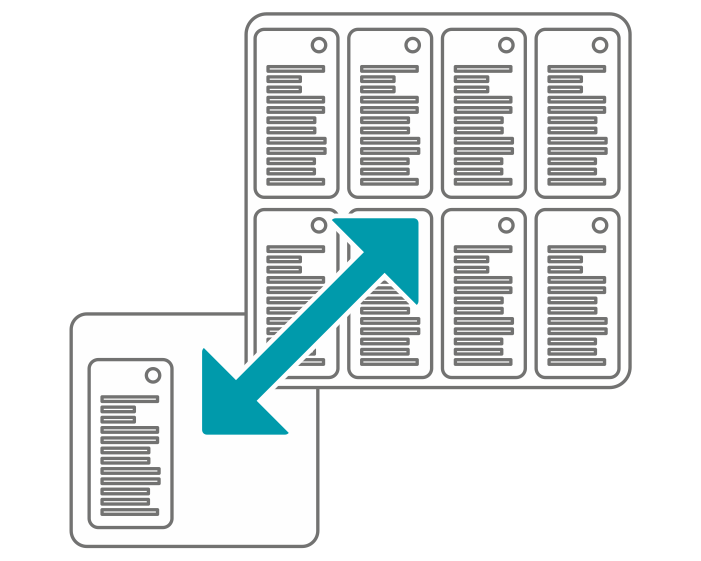

Security
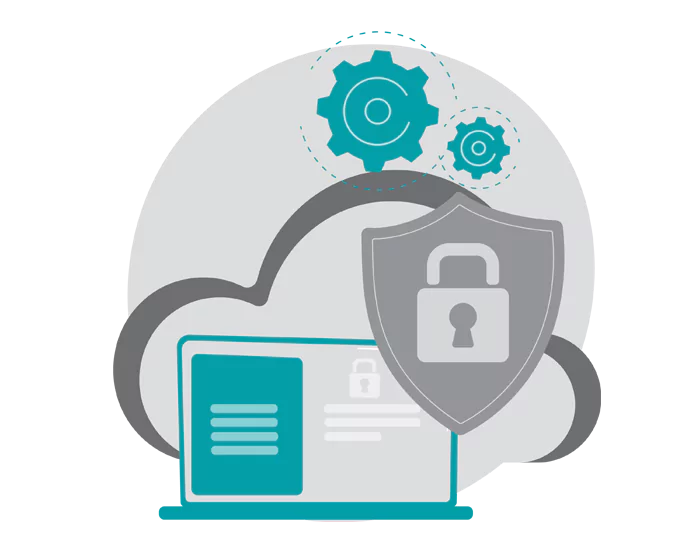

Reliability
